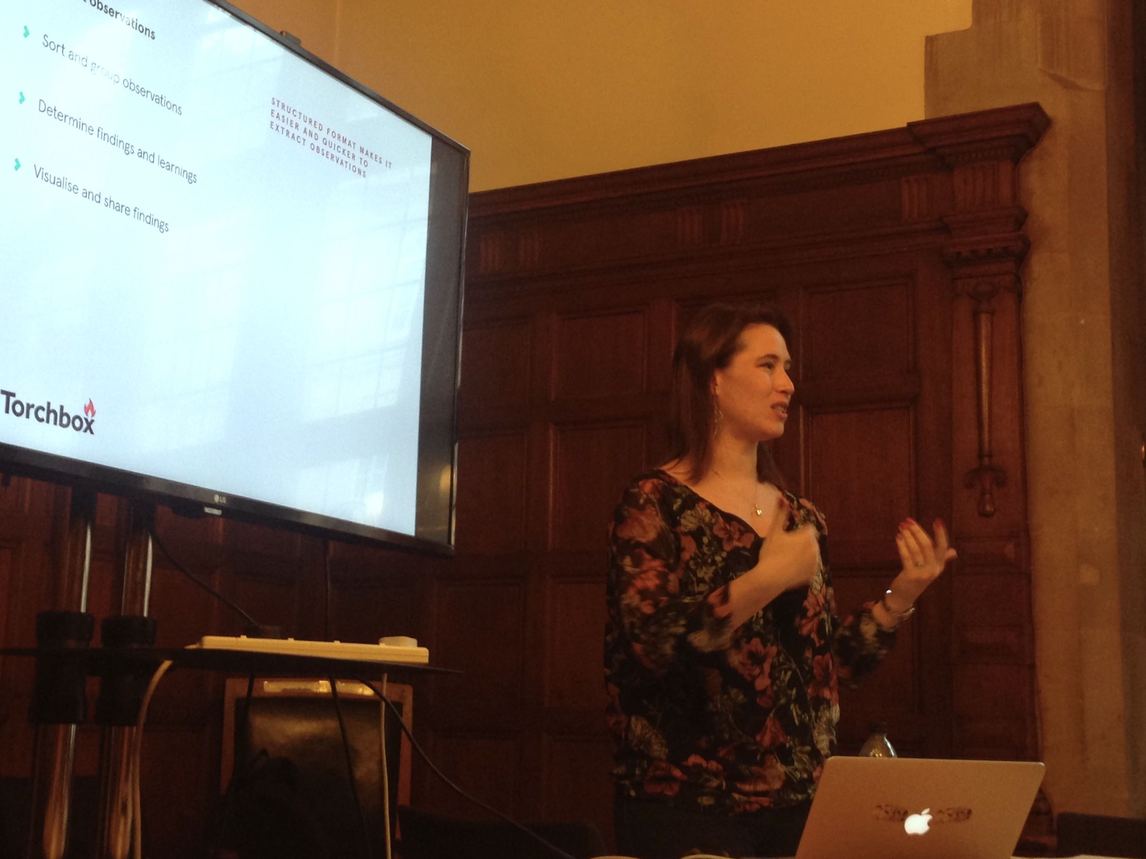Week 3: User research training
After initial preparations, week 3 of the project has seen things shift up a gear as we get ready for our first sprint. This involved all councils undergoing user research training, as well as some of us preparing for Sprint 1 user research interviews.

User research approach
With 10 councils covering 4 areas of research it wasn’t feasible for all the user research to be carried out by our delivery partner, Torchbox,
The project approach we’ve adopted is;
- The lead council for each research area to have user research undertaken by Torchbox
- Other councils participating in the research area to carry out their own user research using the same framework as Torchbox
- User research training provided to all councils by Torchbox to facilitate this, and also to up-skill all participating councils to become more self-sufficient in this area
Training and support materials
With participating councils spread out across the country we decided on two training days to cover everyone;
- Doncaster - 1 March (attended by Doncaster, Rotherham, Cheltenham, North East Derbyshire and Preston)
- Oxford - 7 March (attended by Hertsmere, Redditch & Bromsgrove, Surrey and Oxford)
These training days were led by Luiza Frederico of Torchbox (see Torchbox User Research Training for Councils)

The training itself started with a reminder of why it is important to focus on what user needs are rather than rush to identify what solutions will work. We are looking to find ways to solve peoples’ problems.
“You shouldn’t focus on things just because they are popular”
Another key point made was that all assumptions need to be tested, and that interviews are a way to challenge or validate these assumptions.
“Try not to jump into solutions mode; be careful not to lead interviewees”
We also got to understand the value in listening to people, particularly in what words they use to describe things as this can differ from location to location (particularly in a project like this covering so many locations). This was nicely illustrated by using the New York Times British-Irish Dialect Quiz during the training.
Torchbox also walked us through the materials they have developed for the project for conducting research interviews. These will also be used by councils undertaking their own research to provide a consistent approach and ensure that the analysis and synthesis of the results for a research area can be more easily combined. They include;
- A user recruitment guide for research interviews
- A user interview script for conducting interviews
- A consent form to use with users being interviewed
- Data capture templates to assist in capturing what is important and displaying the user experience
Some time was spent going through the logistics and practicalities of organising and conducting interviews, which take more effort than might be realised.
User recruitment
The Sprint 1 councils (Oxford, Hertsmere and Cheltenham) have been in the thick of recruiting six participants each for the research interviews looking at Planning services.
Recruiting participants involved using a range of approaches, which included;
- Social media (Twitter and Facebook)
- Website adverts
- Leaflets/flyers left on reception desks, with Planning Duty Officers (and even dropped in a few letterboxes for houses that had applications in hand)
- Information on all outgoing emails to planning customers
- Informing telephone callers that used the planning service number
- Emailing people that had left feedback on planning website pages
- Calling regular agents that use the planning service on behalf of clients
- Sending out an all-staff email to request friends or relations get in touch
Torchbox had a great suggestion of using YouCanBook.Me to have people select and book their own interview slots. In Oxford we set up a Google Form to provide a bit more information about the process and capture some additional information.
Finding just six people sounds like an easy process, but it takes significant time and a variety of methods. Confirming our six appointments took until 9pm on the Saturday prior to the Monday interviews. Lessons were learned here about starting earlier on the process, which partner councils on future sprints will benefit from.